|
by Srijon Mukherjee Twelfth grade was a time when, after I'd come across and finished obsessing over most classic rock bands, I was starting to feel a little exasperated, having been used to discovering a new band every half hour. Too familiar with the 60s and 70s, irritated by the 80s zeitgeists, and worn out by the 90s and 2000s, I suddenly came across a small brand of awkward stalwarts from Britain - the 80s alternative bands. While Jesus And Mary Chain, The Cure, and R.E.M hit me pretty hard, it was The Smiths that led the cultural mob awakening in my head.
0 Comments
by Sananda Gopalakrishnan Shows that have you empathising with characters to the point of extreme guilt – when you find yourself justifying the so-called villain’s motives for cleansing an entire city of its supposed vermin, and you know you’re at the point of no return – undeniably work. Marvel’s Daredevil (the Netflix TV series) is one such show that will have you in the throes of self-doubt and confusion, because its supposed antagonists – Wilson Fisk a.k.a. Kingpin (Season 1) and Frank Castle a.k.a. the Punisher (Season 2) – have frankly understandable motives for reformation, or rather, a city-wide killing spree. But there is always the victim, and ironically, it’s Hell’s Kitchen itself, a town in New York, plunged into tyranny and somehow a hub for international, independent power play: the Yakuza, the Hand, the Mexican drug cartel, the Irish, the Russians, to name a few, and the Kitchen’s own Fisk. All battle it out to the finish, razing a town already reduced to its drugged raggedy bones. The town soon becomes represented in a human metaphor, and she becomes the marker of the extent of villainy, and her unquenchable thirst for information, sheer gut instinct and invincible iron-clad will signify a city continuously rising from the ashes. by Vanya Lochan There are some films that touch us - both literally and figuratively. Sparsh (Touch) (1980), directed by Sai Paranjpye, is certainly one of them. This film, with Naseeruddin Shah as Anirudh Parmar, the principal of a blind school, and Shabana Azmi as Kavita Prasad, a widow who goes on to become a fundamental part of the school, deals with several issues, emotions and ‘sensations’ on various levels. by Rick Mazumdar It's been a while since I've written anything, and honestly enough, I hadn't been going through a lot of comics or TV shows or even movies, because the 21st Century asks of us things we sometimes cannot provide. However, over the last few weeks, my schedule cleared up a bit and I had stumbled upon this great Graphic Novel authored by Guy Delisle, a Canadian born writer/cartoonist and relatively fresh new face in the genre of political/memoir graphic novels, a genre well established by the likes of Spiegelman, Satrapi and Sacco among others. Now I don't usually cover political/semi-political pieces, one reason being that I'm not very well versed in the genre, and the other being that I follow specific parts of National and International Politics and diplomacy, so in the off chance that I sound like a pretentious fuckboi, I would ask you, the readers, to forgive me. Though in all honesty, I have studied a quite a bit about Central Asian Politics over the years through documentaries, essays and one "Waltz with Bashir" but there are some parts of the politics in Jerusalem which I still have difficulty in comprehending because of the complexity of the situation there. by Madhumati Chowdhury Picture this, you spend your whole life playing this elaborate game of chance and challenges with another person, from the time you were kids to the time when you’re now teenagers inching towards adulthood. It gets to a point where everything one asks of the other can be fulfilled with a simple phrase - “Cap ou Pas Cap?” (Are you game/capable?). There is the possibility of love and realizations, and rejection too but you always know that those three magical words could erase that trajectory or all of these simultaneously. “Love me” you say. “Game” says the other. Do you play? Is the game love or the love game? When you haven’t known anything but games all your life, does reality manage to smack you straight in the face, forcing you to wake up or only to devise a new way to integrate the reality into your games? by Luv Mehta We just came off Doctor Who’s strongest season yet, the final season for both Tennant and Davies, and now we’re heading into completely new territory - new Doctor, new showrunner, and as the resident Doctor Who expert (my sister) tells me, a completely new crew to film these episodes. Exciting times ahead, so let’s jump in! by Radhikaa Sharma I picked up Persepolis on a total whim, knowing (mostly from its name) that its set in Iran, and its author is that lady in the web-wide picture talking about nationalism (you know the one). So imagine my surprise when this book about some of the bloodiest and most devastating times that Iran has been through turns out to be a graphic novel. Don’t get me wrong- though I am, by no means, a comic book guru, I have read sufficiently in the medium to know how efficient it is as a means of reaching its readers and conveying the profoundest of emotions as well as any other form of literature. However, I’ve gotten used to the idea of suffering IRL depicted in words angled to twist your heart just so, and I didn’t see this book doing that. What intrigued me was how an impersonal tragedy of fantastic proportions and real losses and real people (autobiographical, no less) would look in black and white comic panels. I had forgotten something very elementary - the window we choose is the view we get. by Sananda Gopalakrishnan Yes, the old times: it wasn’t the best of times, but it wasn’t the worst of times. Though 2008 wasn’t exactly a decade ago (it almost is, damn), it still somewhat correlates to particular trends of thoughts, some of which extend their reach to even today, whether it be in music and art, or philosophy (the everyday kind, pertaining to day-to-day beliefs and survival). In the former, Radiohead’s timeless, yet constantly reinventing style has led to their own perceived statement of the times. In Rainbows was a step further in the direction of inclusion of personal elements in their songs, instead of either general sentiment or social themes of alienation and all-consuming consumerism. From what we see of social ailments in OK Computer and The Bends (excepting a few) and the stark delineation in Kid A and Amnesiac, In Rainbows had gems of a different hue: the ones which are unintentionally reminiscent of simpler times, of elemental, even innocent, emotion and the dilemma and pleasing confusions of new-found love. All of their songs that spoke about love, spoke of one which constantly harped on the edges of a helpless obsession. This is their incessant wave of sentiment that focuses on a spiritual depravity of sorts, and they consciously speak of empty yearning, of an obsession doomed to be unfulfilled because after all, how do you yearn when you don’t know what you want? Do you only want to be noticed and be ‘together’, without knowing what being ‘together’ with that person means? This is basically the idea of being in love, being more fulfilling than being in love itself. So when Radiohead speaks of, to put it blatantly, a dating scene that is beautifully simple and one I connect with, how do I react to it? I analyse. |
Categories
All
Archives
December 2022
|
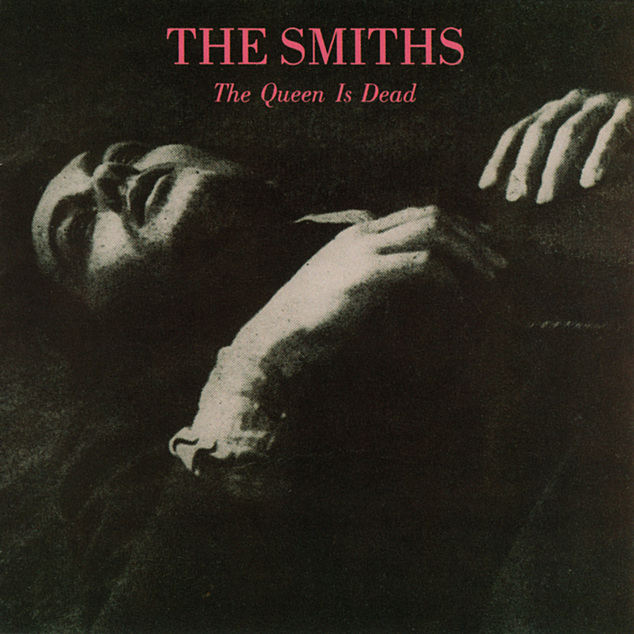
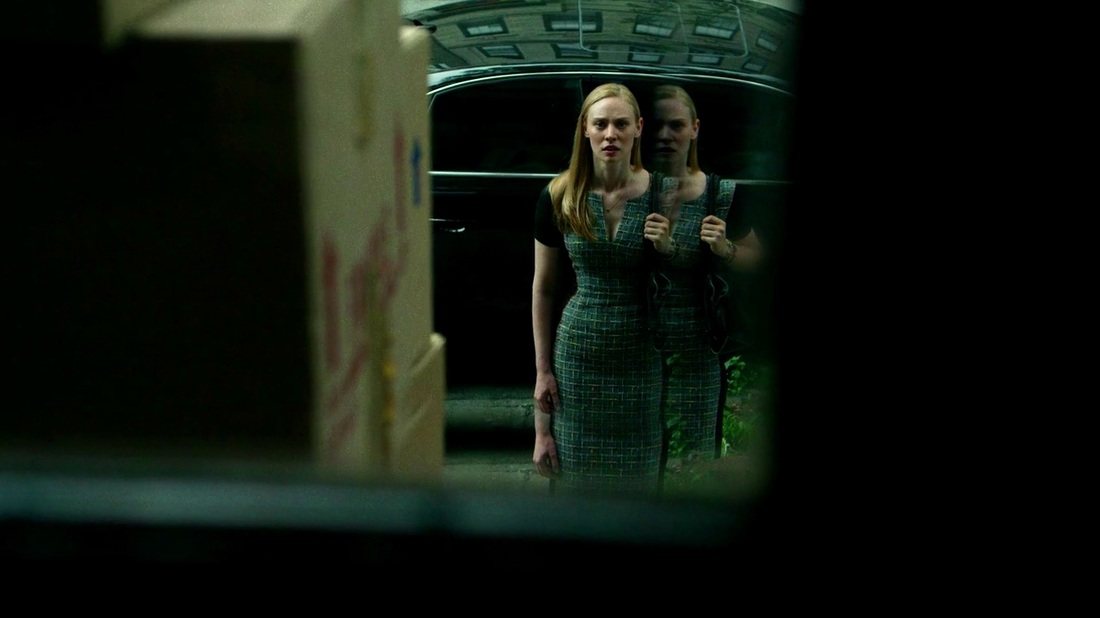
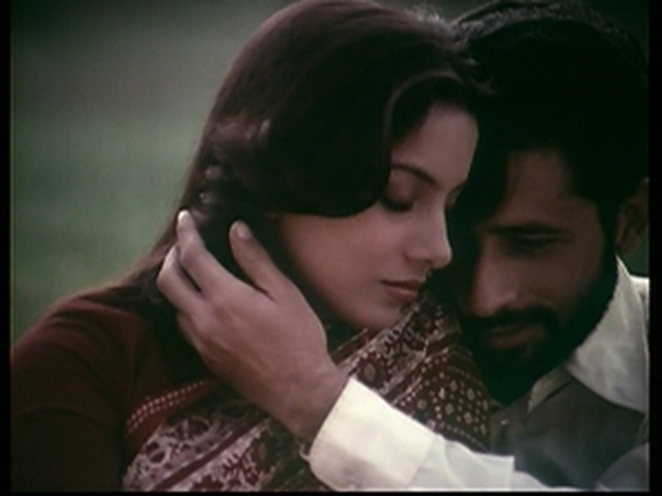
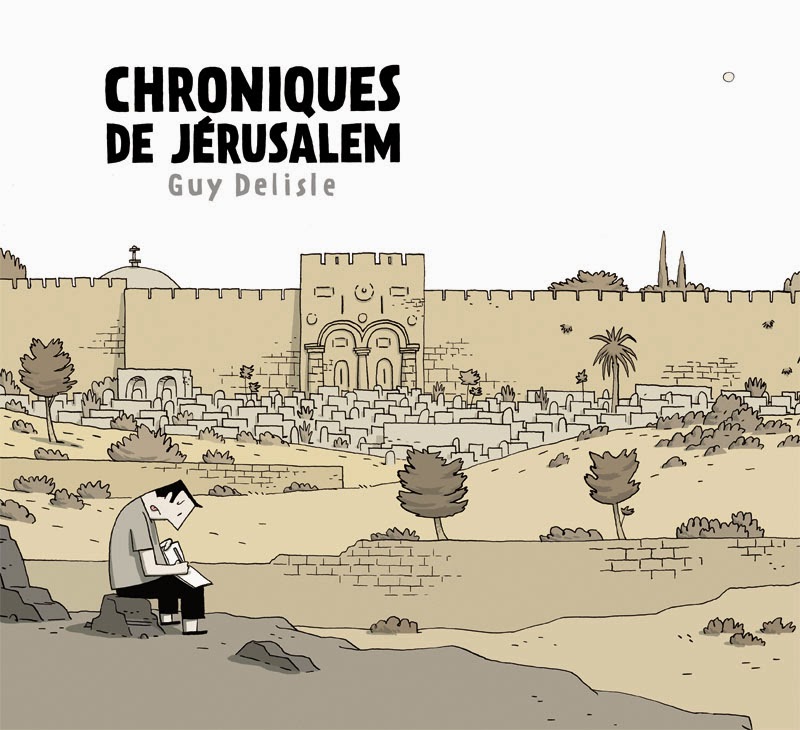
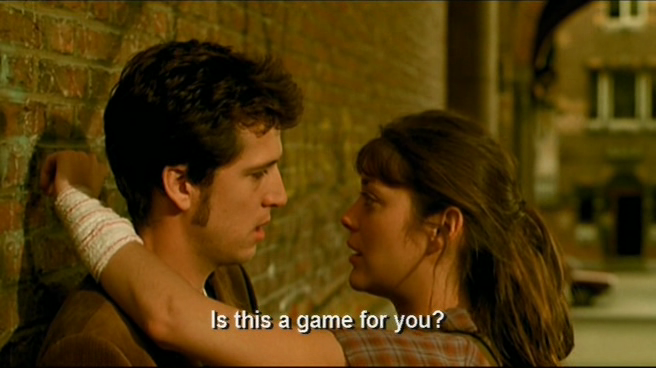
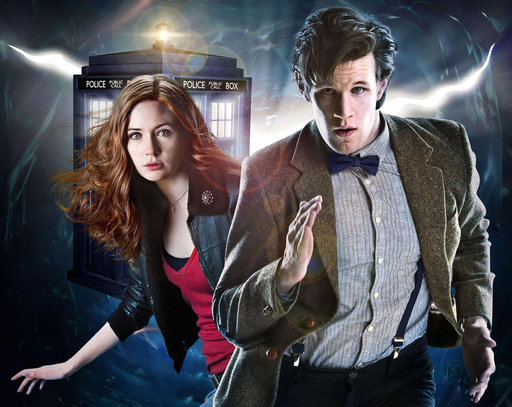

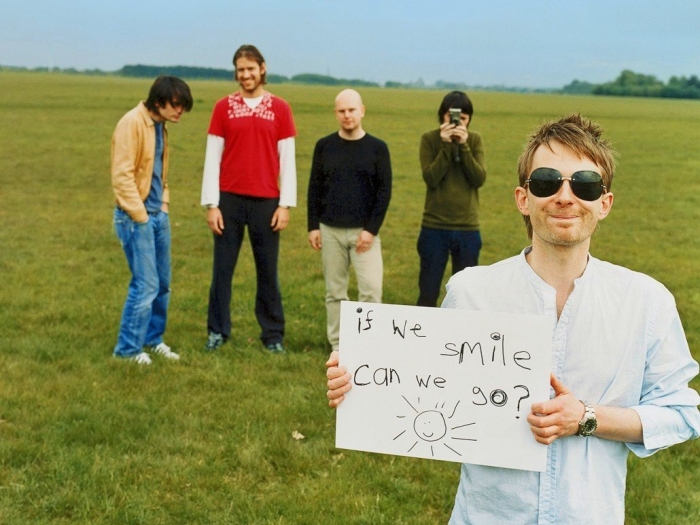
 RSS Feed
RSS Feed
